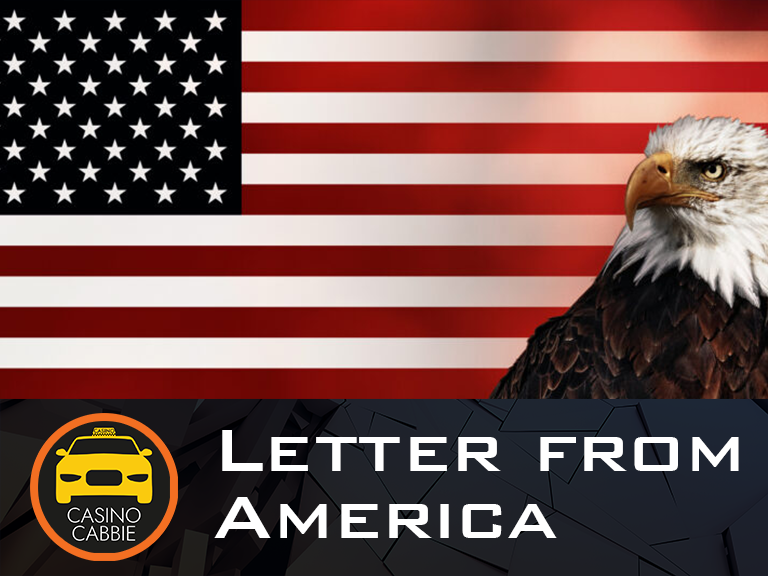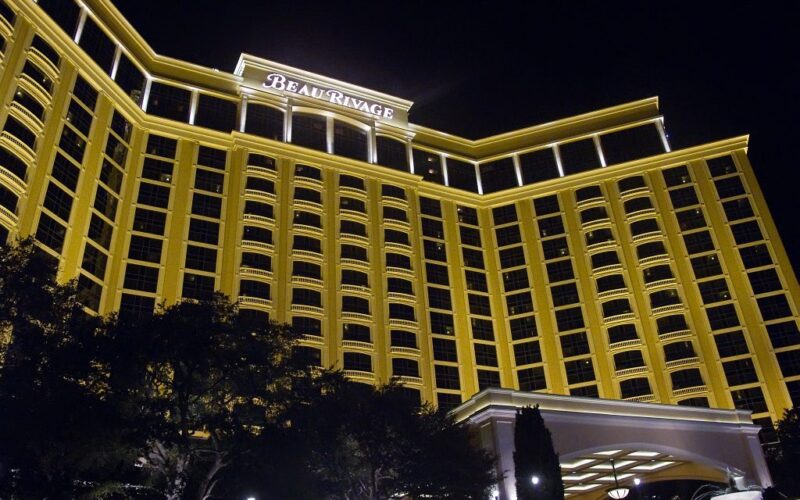As the countdown begins to arguably the closest U.S. presidential election in recent history, legal wagers on possible political outcomes are finally back on: Welcome to Casino Cabbie’s latest Letter From America, where our top headline this edition goes to controversial predictions market KalshiEx — and the key news that they’ve won the latest round of their long legal dispute to offer bets on election results.
Kalshi Wins Court Case
The bets on America’s super tight presidential elections–already open–are back on after predictions market KalshiEx won its latest battle in its long court case against the U.S. derivatives regulator, the Commodity Futures Trading Commission (CFTC).
Three U.S. Court of Appeal Judges in Washington D.C. have unanimously ruled against the CFTC’s emergency stay to prevent election betting.
The judges agreed with an earlier lower court ruling that the CFTC had overstepped its authority to prevent KalshiEx from offering election betting.
They added that the emergency stay could not be granted because the CFTC had failed to prove that offering the service would cause the so-called “public injury” that was initially claimed.
Missouri Betting Breaks
Less than a month away from the November 5 ballot (which will also put Constitutional Amendment 2, AKA sports betting legalisation, in the hands of Missouri voters) and big bucks are being spent in efforts to ensure the vote returns a positive outcome for U.S. betting brands.
According to official reports, US$50 million (£38.2m) has already been dropped as advertisements and lobbying efforts increase in the Show-Me State.
Still a far cry from the record-setting US$450 million (£344m) spent by betting brands in California’s 2022 efforts to legalise betting, which failed spectacularly, Caesars, DraftKings and FanDuel, alongside others, might be spending more conservatively than in past efforts.
But they’re still out in full force, seeking to influence voters ahead of the ballot.
Prohibition Doesn’t Work
You may have thought that this was a lesson already learned in America. But apparently not; as the National Collegiate Athletic Association (NCAA) faces facts and admits that: “In general, prohibitions are ineffective at stopping unwanted gambling behaviours.”
Student gambling and sports integrity are hot topics in the U.S. right now as a growing number of college-level sports scandals–the latest involves allegations of the University of Notre Dame’s elite swimming team forming an illicit sportsbook–highlight the issue of student betting.
Under the current rules, if the NCAA sponsors a sport, NCAA student-athletes are not permitted to bet on it.
In response to growing reports of betting, problem gambling and intimidation towards student-athletes on social media, and in person, the NCAA has been staunchly campaigning for more protections in states that offer legal sports betting.
The NCAA’s medical committee is now discussing the way forward and evaluating the effectiveness of preventing student-athletes from betting.
So far, the committee has said that “there is little evidence to suggest that current prohibitions have effectively prevented student-athlete gambling”.
Discussions remain ongoing.
Sweepstake Players’ PayBack
With growing scrutiny regarding the legality of sweepstakes gaming sites in many states, the pressure is on and legal cases surfacing in Tennessee and Mississippi are turning the screws even tighter.
In Tennessee, nine plaintiffs are suing social gaming operators–VGW, Playtika, Playstudios, Light & Wonder-owned Sciplay, DoubleDown Interactive and SpinX Games–under the 1858 Tennessee anti-gambling law.
If the court sides with the plaintiff’s class action suit, they can reclaim–yes reclaim!–all their historical losses caused by what will be deemed illegal gambling.
The attorney representing sweepstakes operators in the case has said that the plaintiffs are misusing the law.
According to him, legislation only permits a third-party to recover the loss of an individual — and not the “supposed losses of most everyone in Tennessee” in a single class action suit.
A similar case has also been filed in Mississippi, where VGW is being sued by Makayla Darrielle Saulny, whose legal representative claims that the company should repay all losses generated by her and other players since 2021.
Two’s Better Than One
According to its CEO Jim Allen, Hard Rock is considering forming strategic partnerships and opening the door to DraftKings or FanDuel in Florida.
Hard Rock currently holds the monopoly on online gambling in the Sunshine State, population 22.2 million, through a 30-year gaming compact signed in 2021.
But Hard Rock seems happy to share the spoils and, says Allen, they’ve already held talks with U.S. digital market leaders FanDuel and DraftKings about the possibility of forming a dynamic team that is better able to scale the market.
Neither DraftKings nor FanDuel have commented at this point.
But watch this space!



